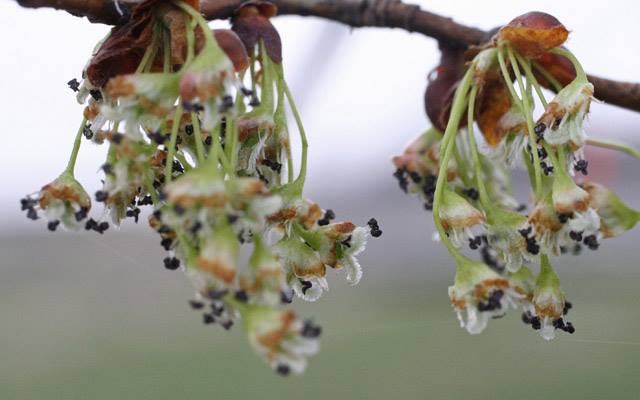Love Song
By Williams Carlos Williams
Sweep the house clean,
hang fresh curtains
in the windows
put on a new dress
and come with me!
The elm is scattering
its little loaves
of sweet smells
from a white sky!
Who shall hear of us
in the time to come?
Let him say there was
a burst of fragrance
from black branches.
The famous American poet in this beautiful poem pleads his lover to set aside the daily chores and join him to indulge in love and celebrate the moment when the whole nature is bursting with intoxicating ‘little loaves of sweet smell’.
I loved the sense of urgency (come with me!) and tempo of the poem. There is a sweep of energy and imagery which are almost seductive. One can visualize the linen curtains billowing in a breeze, a woman in a white dress rushing to immerse in the burst of fragrance from black branches of the elm tree.
This is a hyper charged love poem.
By Williams Carlos Williams
Sweep the house clean,
hang fresh curtains
in the windows
put on a new dress
and come with me!
The elm is scattering
its little loaves
of sweet smells
from a white sky!
Who shall hear of us
in the time to come?
Let him say there was
a burst of fragrance
from black branches.
The famous American poet in this beautiful poem pleads his lover to set aside the daily chores and join him to indulge in love and celebrate the moment when the whole nature is bursting with intoxicating ‘little loaves of sweet smell’.
I loved the sense of urgency (come with me!) and tempo of the poem. There is a sweep of energy and imagery which are almost seductive. One can visualize the linen curtains billowing in a breeze, a woman in a white dress rushing to immerse in the burst of fragrance from black branches of the elm tree.
This is a hyper charged love poem.



